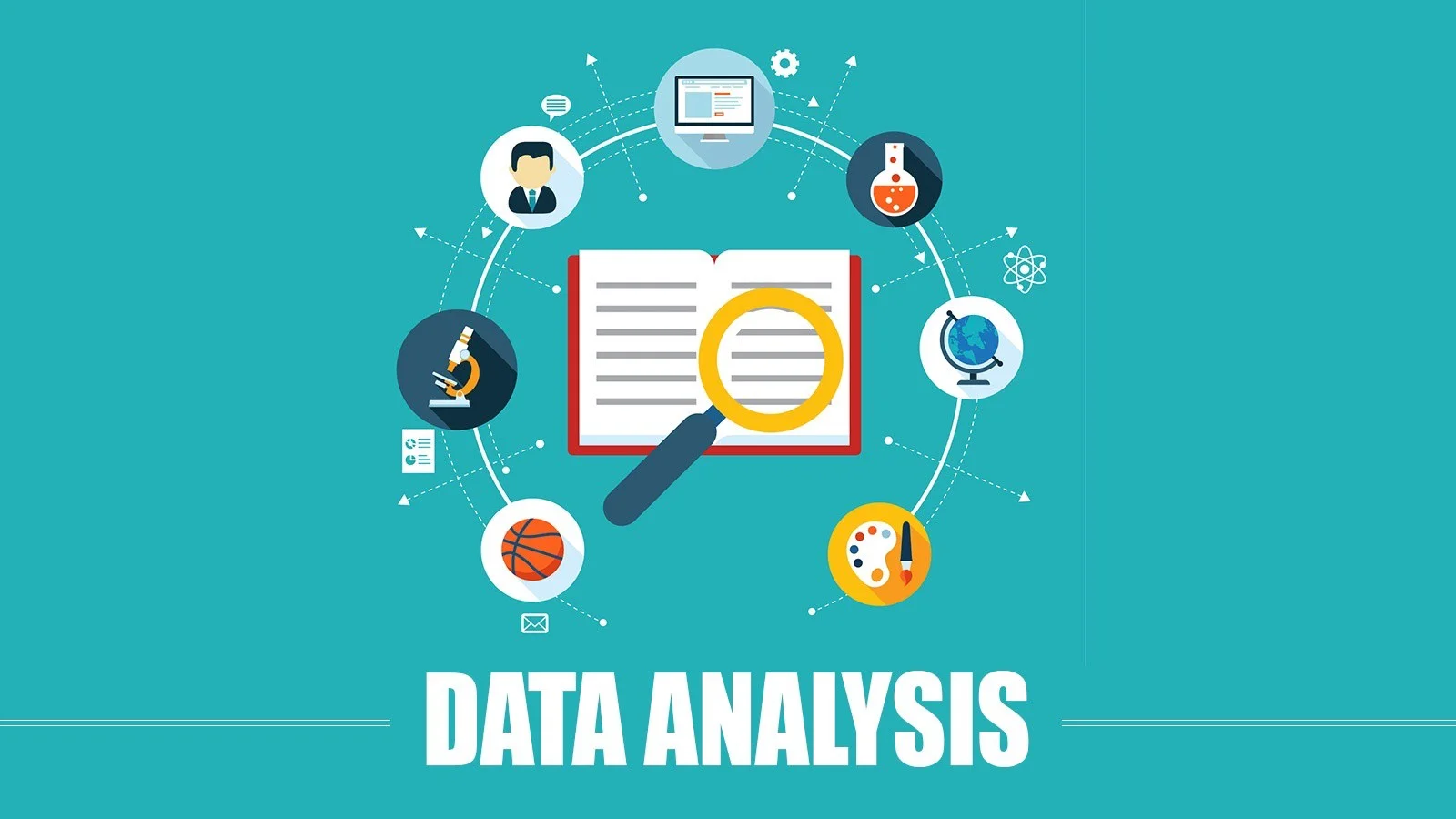Introduction:
In today's digital age, data is often referred to as the new oil, and for good reason. The vast amounts of information generated every second hold immense potential for those who can harness and analyse them effectively. This is where data analytics comes into play. In this comprehensive guide, we will delve into the world of data analytics, exploring its importance, techniques, applications, and future trends.
Understanding Data Analytics:
At its core, data analytics is the process of examining raw data to uncover insights, trends, and patterns that can inform decision-making. It involves various methods, including statistical analysis, machine learning, data mining, and predictive modelling. By analysing data, organisations can gain valuable insights into customer behaviour, market trends, operational efficiency, and more.
The Importance of Data Analytics:
Data analytics plays a crucial role in driving business success in today's competitive landscape. Here are some key reasons why it is essential:
Informed Decision Making: By analysing data, organisations can make informed decisions based on facts rather than intuition or guesswork.
Improved Efficiency: Data analytics can identify inefficiencies and bottlenecks in processes, allowing organisations to streamline operations and reduce costs.
Enhanced Customer Insights: Analysing customer data enables organisations to better understand their target audience, personalise marketing efforts, and improve customer satisfaction.
Risk Mitigation: Data analytics can identify potential risks and opportunities, enabling organisations to proactively mitigate risks and capitalise on opportunities.
Techniques and Tools of Data Analytics:
Data analytics encompasses a wide range of techniques and tools. Some of the most common ones include:
Descriptive Analytics: Descriptive analytics focuses on summarising historical data to provide insights into what has happened in the past. Techniques such as data visualisation, dashboards, and reports are commonly used in descriptive analytics.
Predictive Analytics: Predictive analytics involves forecasting future outcomes based on historical data. Techniques such as regression analysis, time series analysis, and machine learning algorithms are used to predict future trends and behaviours.
Prescriptive Analytics: Prescriptive analytics goes beyond predicting outcomes to recommend actions that can optimise future outcomes. It involves optimization techniques, simulation models, and decision support systems.
Diagnostic Analytics: Diagnostic analytics aims to identify the root causes of problems or anomalies in data. Techniques such as root cause analysis, correlation analysis, and outlier detection are commonly used in diagnostic analytics.
Applications of Data Analytics:
Data analytics has a wide range of applications across various industries and domains. Some common applications include:
Business Intelligence: Data analytics is used to extract actionable insights from business data, enabling organisations to make data-driven decisions and gain a competitive advantage.
Marketing Analytics: Data analytics is used to analyse customer data, market trends, and campaign performance to optimise marketing strategies and improve ROI.
Healthcare Analytics: Data analytics is used to analyse patient data, medical records, and clinical trials to improve patient outcomes, optimise healthcare delivery, and reduce costs.
Finance Analytics: Data analytics is used to analyse financial data, detect fraud, assess risk, and optimise investment strategies.
Future Trends in Data Analytics:
As technology continues to evolve, several trends are shaping the future of data analytics:
AI and Machine Learning: AI and machine learning are becoming increasingly important in data analytics, enabling organisations to automate processes, make more accurate predictions, and uncover deeper insights.
Big Data Analytics: With the proliferation of data from various sources such as social media, IoT devices, and sensors, big data analytics is becoming essential for organisations to manage and analyse large volumes of data effectively.
Real-Time Analytics: Real-time analytics allows organisations to analyse data as it is generated, enabling them to make faster decisions and respond to events in real time.
Privacy and Ethics: With increasing concerns about data privacy and ethics, organisations are focusing on implementing ethical data practices and ensuring compliance with regulations such as GDPR and CCPA.
Cunclusion:
Unlock the transformative potential of data analytics with the Best Online Data Analytics Course in Kanpur, Dehradun, Kolkata, Agra, Delhi, and all cities in India. Data analytics isn't just a buzzword; it's a cornerstone of modern business strategy. This comprehensive guide dives deep into the power of data analytics, offering insights into its importance, techniques, applications, and future trends. Understand how data analytics drives business success, enhances decision-making, and unveils invaluable insights. Stay ahead of the curve by grasping the nuances of data analytics and leveraging them to maximise organisational potential. Whether you're in Kanpur, Dehradun, Kolkata, Agra, Delhi, or any other city in India, this course empowers you to harness the full potential of data. Gain a competitive edge with this human-readable, engaging overview of data analytics, tailored for today's dynamic business landscape.


No comments yet